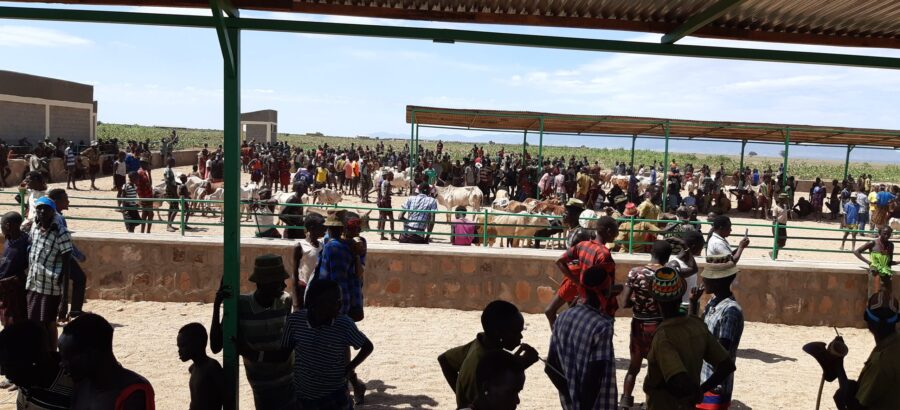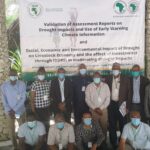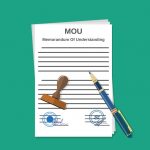IGAD Centre for Pastoral Areas and Livestock Development (ICPALD) in collaboration with AU-IBAR and ARSO organized a regional meeting, on 18th November 2020, to assess preparedness of IGAD countries and identify key technical issues that require the attention of higher policy bodies in order for the countries to optimally benefit from the AfCFTA initiatives.
The main objectives of the AfCFTA is to create a single continental market for goods and services, with free movement of business persons and investments, and thus pave way for accelerating the establishment of the Customs Union. It will also expand intra-African trade through better harmonization and coordination of trade liberalization and facilitation, and instruments across the Regional Economic Communities (RECs) and across Africa in general. The new trading block is expected to bring together 1.2 billion people and a combined GDP of more than $ 3.4 trillion. According to UN Economic Commission for Africa (ECA), the AfCFTA has the potential to increase intra-African trade by 52 percent by 2022.
The virtual meeting was attended by 49 participants from AU-IBAR, USAID, UNECA, ARSO, IGAD and Senior Government Officials from Ministries of livestock and trade, and private sectors from 7 IGAD Member States (MS). Dr. S. J. Muchina Munyua, Director of ICPALD and Prof. James Wabacha on behalf of the Director of AU-IBAR made welcome remarks and Dr. Julia Kinyua officially opened the virtual meeting on behalf of the CVO, Kenya. The key recommendations were
- AU-IBAR, UNECA, IGAD, ARSO should provide technical Assistance to AfCFTA national team on need basis and support to MS to establish/strengthen enquiry and notifcation points of SPS.
- AU-IBAR in collboration with IGAD should assess/map the livestock resources/potential demand in Africa, to help in IGAD MS informed decision making and negotiations.
- MS without national AfCFTA strategies to develop and validate them and undertake awareness creation about the same to mainstream private sector traders and producers, as well as government regulators.
- ARSO should fast-track harmonization of standards of identified products across the region and continent and popularize them through RECs and relevant ministries.
- MS should strengthen national capacities of public and private sector to invest in right infrastructure for value addition as well as address sanitary and phyto-sanitary (SPS) issues.
- MS should strengthen harmonized disease prevention and control approaches with support of IGAD/ICPALD AU-IBAR and ARSO.
- MS should work on policies and strategy frameworks and enforce laws that will incentivise private sector investment, enhance collaboration of the goverment and private sector (farmers, traders, aggregators, manufacturers, transporters, exporters etc) to faciliate cross-border trade.
- MS with support of AU-IBAR, IGAD and ARSO should work on elimination or minimizing of non-trade barriers (NTBs) by promoting e-commerce to strengthen trading of commodities (livestock/fisheries and their products) and monitoring and reporting of NTBs through online and SMS based tools.
- MS should promote mutual recognition of national/ regional standards by trading partners and work on resolving Rules of Origin with other countries.
- MS should capacitate producers and help promote commercial production and supply of quality marketable livestock as per market requirements.
- Encourage/support the two IGAD countries (Sudan and South Sudan) who signed but have not ratified the AfCFTA agreement.
We are grateful to IGAD/RPLRP and AU-IBAR for financing this event.






